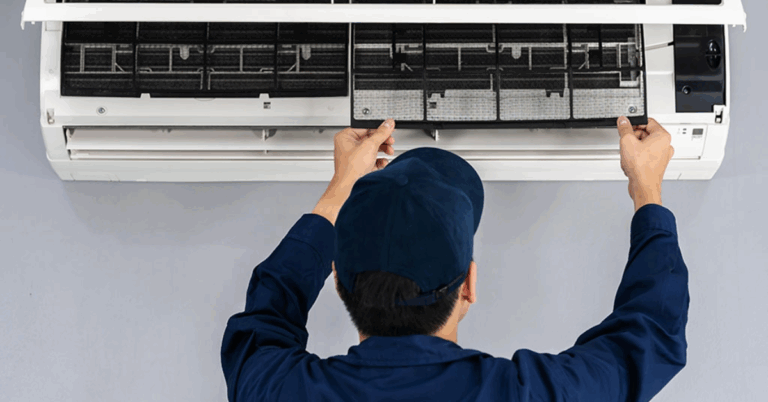The Benefits of Business Process Automation
Incorporating automation into daily operations can lead to a significant boost in productivity. By streamlining repetitive tasks, employees can focus their time and energy on more strategic endeavors, ultimately increasing overall efficiency. This allows businesses to accomplish more in less time, meeting deadlines promptly and surpassing client expectations with ease.
Moreover, a well-implemented automation system ensures that workflows are optimized for speed and accuracy. Tasks that once required manual intervention can now be completed swiftly and with minimal room for error, leading to a reduction in delays and costly mistakes. This not only enhances the efficiency of operations but also cultivates a work environment that prioritizes precision and quality in all endeavors.
• By streamlining repetitive tasks, employees can focus on more strategic endeavors
• Businesses can accomplish more in less time, meeting deadlines promptly and surpassing client expectations with ease
• Automation ensures that workflows are optimized for speed and accuracy
• Tasks that once required manual intervention can now be completed swiftly and with minimal room for error
• Reduction in delays and costly mistakes enhances operational efficiency
• Cultivates a work environment that prioritizes precision and quality in all endeavors
Cost Savings
Cost savings are a crucial aspect of any business operation. By implementing efficient strategies and streamlining processes, companies can significantly reduce their expenses. This reduction in costs directly impacts the bottom line, allowing businesses to allocate resources more effectively and increase profitability.
One way businesses achieve cost savings is by automating routine tasks through advanced technologies. Automation helps eliminate human error, speeds up processes, and reduces the need for manual labor. By investing in automation, companies not only save time but also cut down on operational costs in the long run.
Improved Accuracy
When aiming to optimize accuracy within a business or organization, attention to detail is paramount. Each step in a process must be carefully analyzed to identify potential areas for improvement. By implementing strict quality control measures and regular performance evaluations, businesses can effectively enhance their accuracy levels.
Furthermore, investing in advanced technologies and software solutions can also significantly contribute to increasing accuracy. Automated systems can help reduce human error and streamline processes, leading to more precise outcomes. By embracing digital tools and innovative solutions, businesses can elevate their accuracy standards and ultimately enhance overall productivity.
How does improved accuracy lead to increased efficiency?
By reducing errors and rework, improved accuracy helps streamline processes and tasks, leading to higher productivity and faster completion times.
Can you explain how improved accuracy results in cost savings?
When accuracy is improved, there is less wastage of resources, time, and money on correcting mistakes. This ultimately leads to cost savings for businesses.
What are some ways in which accuracy can be improved in a business setting?
Implementing quality control measures, providing training to employees, using technology and automation tools, and establishing clear processes and guidelines are some ways to improve accuracy in a business setting.
How can businesses ensure that accuracy is maintained over time?
Regular monitoring and evaluation of processes, continuous training and skill development for employees, and implementing feedback mechanisms to address errors and issues are key ways to ensure that accuracy is maintained over time.







